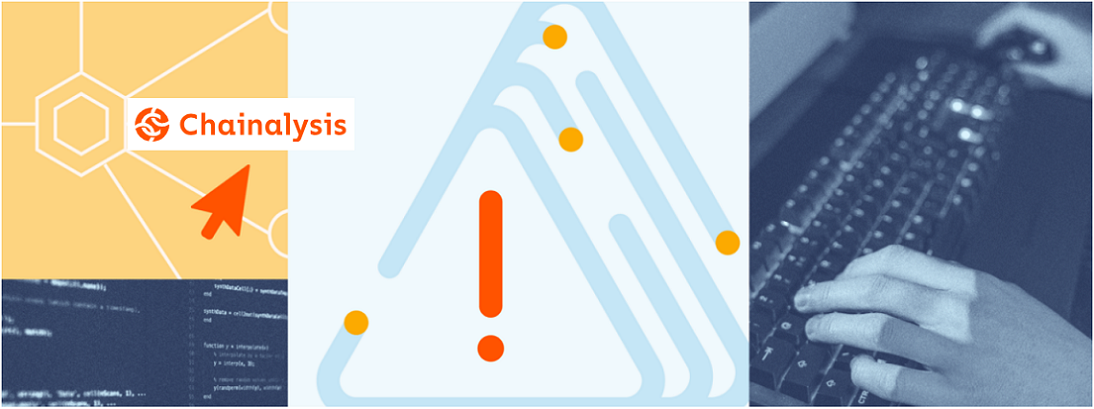European Commission is proposing to make cross-border payments in euro cheaper across the entire EU

Under current rules, there is no difference for euro area residents or businesses if they carry out euro transactions in their own country or with another euro area Member State.
Today’s proposal aims to extend this benefit to people and businesses in non-euro countries. This will allow all consumers and businesses to fully reap the benefits of the Single Market when they send money, withdraw cash or pay abroad. All intra-EU cross-border payments in euro outside the euro area will now be priced the same – with small or zero fees – as domestic payments in the local official currency. Moreover, the Commission is today proposing to bring more transparency and competition to currency conversion services when consumers are buying goods or services in a different currency than their own.
Valdis Dombrovskis, Vice-President responsible for Financial Stability, Financial Services and Capital Markets Union, said: „With today’s proposal we are granting citizens and businesses in non-euro area countries the same conditions as euro area residents when making cross-border payments in euro. All Europeans will be able to transfer money cross-border, in euro, at the same cost as they would pay for a domestic transaction.”
Consumers and businesses in the euro area already benefit from very low fees for cross-border payments in euro, thanks to the introduction of the cross-border payments regulation in 2001. Under current rules, there is no difference for euro area residents or businesses if they carry out euro transactions in their own country or with another euro area Member State. Today’s proposal aims to extend this benefit to people and businesses in non-euro countries whenever they travel or pay abroad, putting an end to the high cost of intra-EU cross-border transactions in euro.
In particular, this proposal provides that fees charged for cross-border payments in euro are the same that would be charged for equivalent domestic payments in the local currency. This will bring down fees to a few euro or even cents. For example, a cross-border credit transfer in euro (EUR) from Bulgaria will be priced the same as a domestic Bulgarian lev (BGN) credit transfer. This is a major change, as fees for a simple credit transfer can be exorbitant in some non-euro area Member States (up to EUR 24 for a transfer of EUR 10!). Today’s hefty fees are an obstacle to the Single Market as they create barriers to cross-border activities of households (buying goods or services in another currency zone) and businesses, in particular SMEs. This creates a major gap between euro area residents who benefit from the single currency, and non-euro area residents who can only make cheap transactions within their own country.
Background
A key priority of the Juncker Commission is building a deeper and fairer Single Market, which allows people, services, goods and capital to move freely in an economy with an annual Gross Domestic Product of EUR 15 trillion. The Single Market also aims to give consumers access to better products and cheaper prices, thanks to greater competition. The European Commission has already taken a lot of steps to empower and protect European consumers in financial services: the Payment Account Directive grants all EU residents access to a basic bank account; the Payment Services Directive brings about significantly increased payment security; and the Commission’s proposed pan-European personal pensions (PEPP) Regulation will offer greater choice when saving for retirement.
In March 2017, the European Commission published an Action Plan setting out a strategy to strengthen the EU single market for consumer financial services. The Commission is now delivering on the first two actions of this Action Plan: tackling transparency and fees in cross-border transactions. Cross-border payments are crucial for the integration of the EU economy and play an important role in bringing together EU citizens and businesses. Restrictions and excessive costs affecting cross-border payments are an impediment to the completion of the Single Market.
To prepare these amendments to Regulation 924/2009, the Commission carried out a public consultation from July to October 2017 to gather stakeholders’ views on the best way forward to complete the objective of reducing the cost of cross-border payments in the EU. In responding to the public consultation, payment services users (consumers or businesses) all put forward the high price they pay for cross-border transactions as well as the lack of transparency of fees charged to them. Payment services providers largely insisted on the difference between payments in euro that were straight-through-processed (i.e. processed automatically without manual intervention) and the far less efficient and hence more costly processing of payments in other currencies.
Dariusz Mazurkiewicz – CEO at BLIK Polish Payment Standard
Banking 4.0 – „how was the experience for you”
„To be honest I think that Sinaia, your conference, is much better then Davos.”
Many more interesting quotes in the video below:










